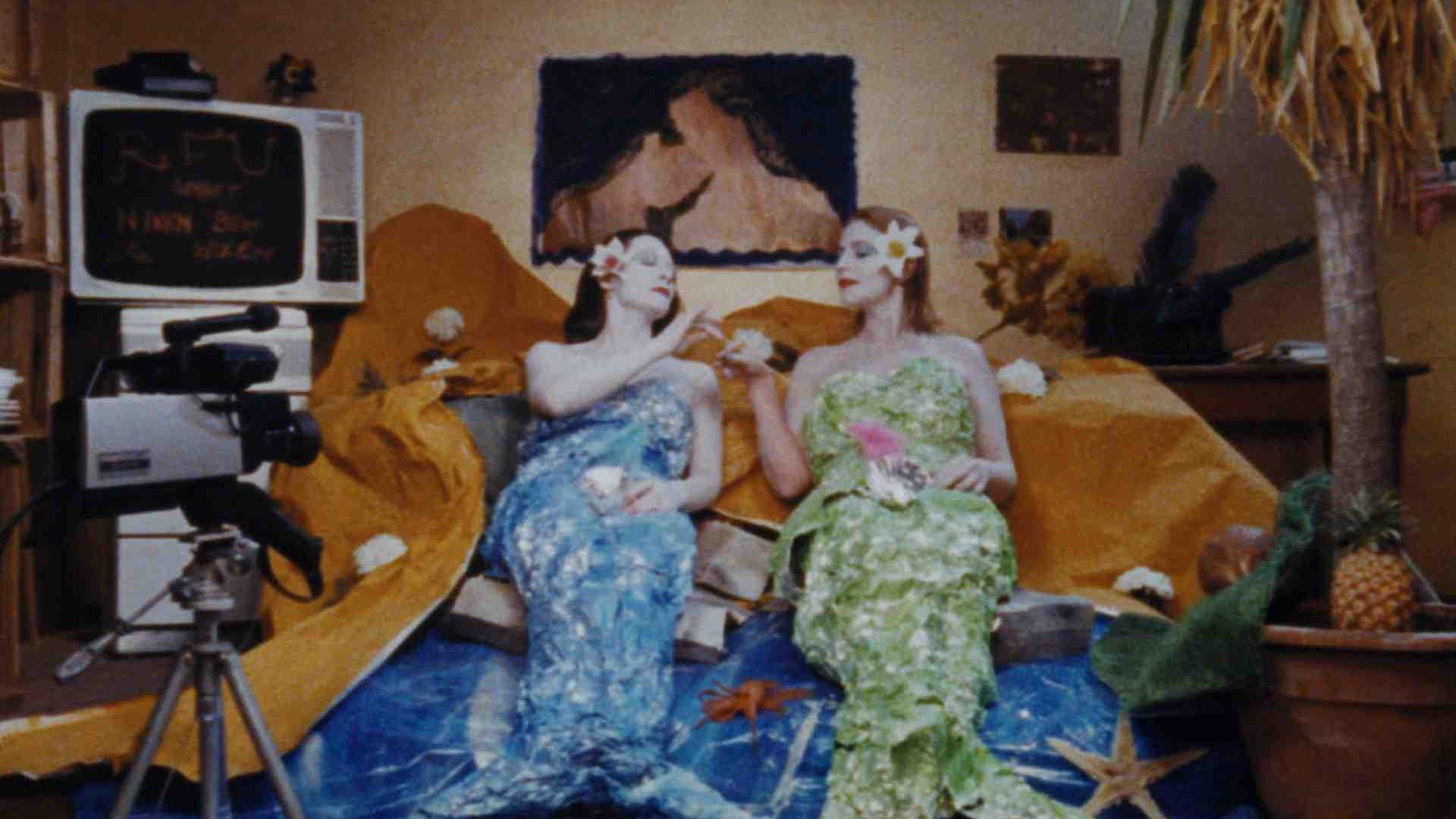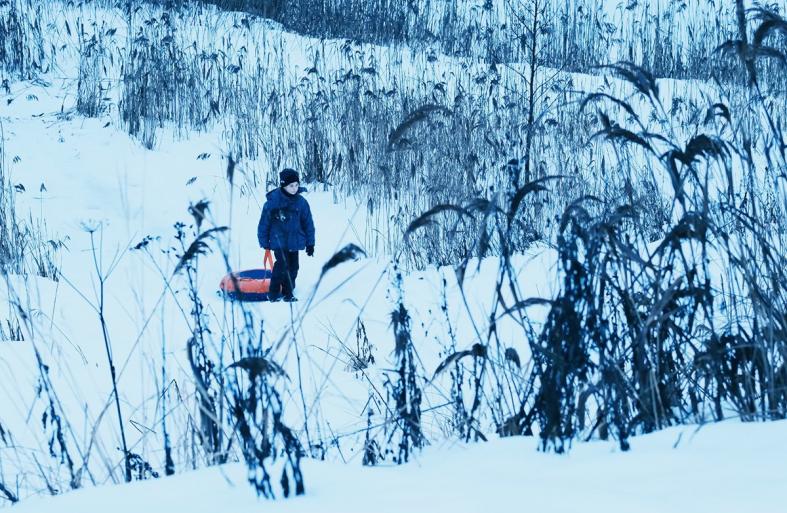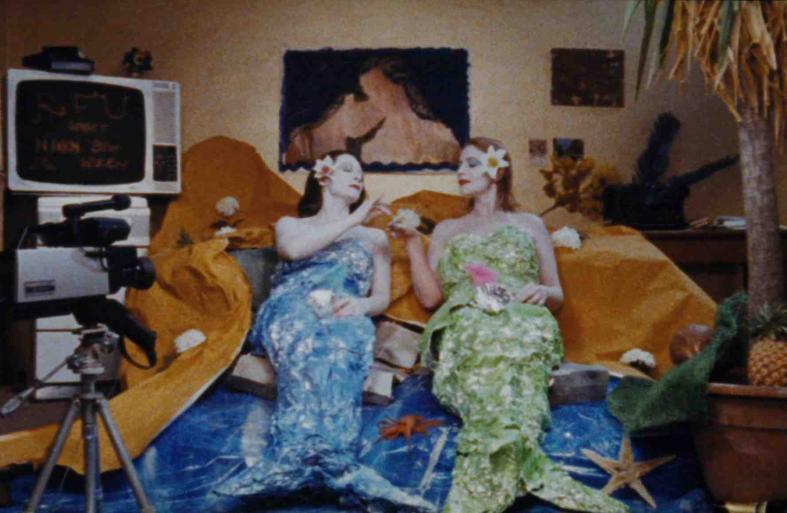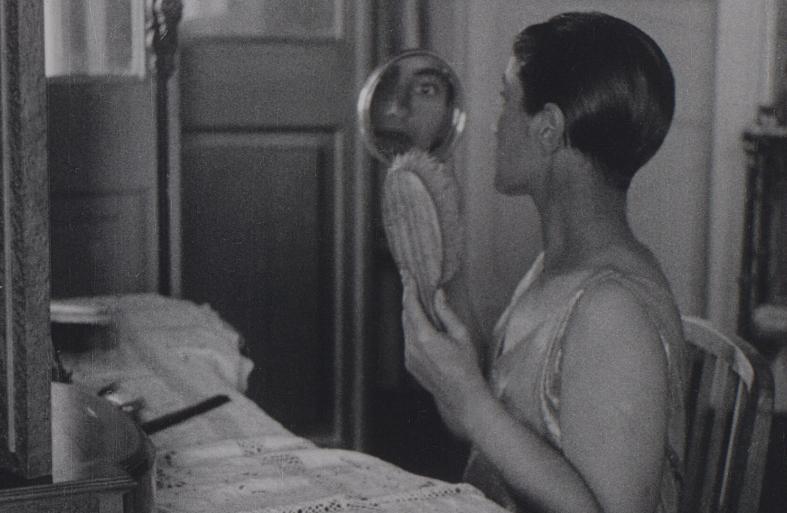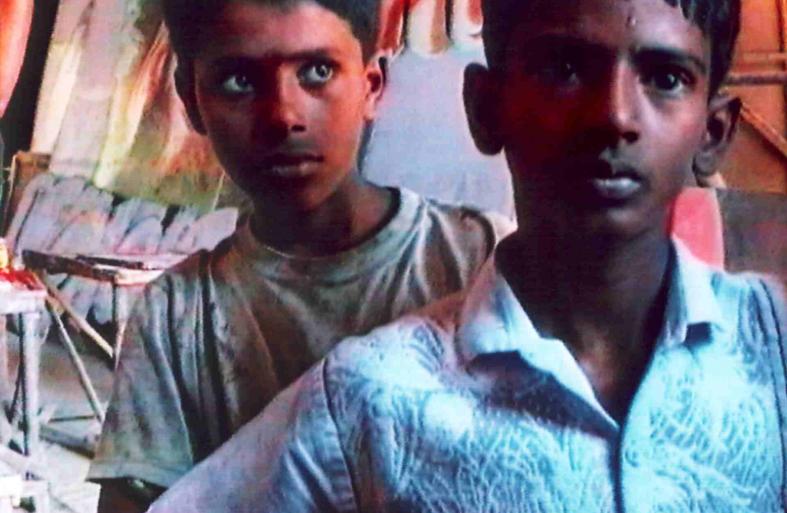WELCOME to another series of collective dark room screenings, with a harvest of new works witnessing life around us through different lenses, free of creative or commercial constraints.
The Experimental Cinema and Video Art Awards showcases seven visual artists from Israel's most recent films. The competition presents an audacious approach to video art and experimental cinema, interweaving personal and political themes and responding in diverse ways to today's troubled environment. This broad scope of contemporary images reaches far beyond conventional narrative cinema, from rough aesthetics to subtle poetics.
Two prizes will be awarded: The Lia van Leer Award on behalf of Rivka Saker (15,000 NIS) and The Ostrovsky Family Fund Award (12,000 NIS). Big cheers and good luck to the artists: Dan Robert Lahiani, Nitzan Satt, Sevan Smolnik, Tamar Nissim, Ayala Berger, Dylan Joseph, and Thalia Hoffman.
Globe-trotting artist, Irit Batsry, presents MEMORIES OF OTHERS at the Mamuta Art and Research Center. A suite of four video installations explores the materiality of film and memory, questioning obsolete formats and reflecting on oblivion. Prize-winning THESE ARE NOT MY IMAGES (NOT HERE NOT THERE) (2000), the film-essay Batsry directed in India and which won multiple international accolades, will be screened at the Festival, allowing us to revisit the aesthetic, cultural and political questions the film raises nowadays.
CANALE GRANDE (1983) by Viennese artist Friederike Pezold is a satirical mix of video and film, which tries to re-invent television as a personal "closevision," using humorous video pictures of her own body from video pictures that create a new corporal language. RETURN TO REASON, or "a place that exists ... between consciousness and unconsciousness, between dream and wakefulness, and between reality and the surreal world", resonates through Jim Jarmusch and Logan Carter's visual music and poetics, lending Man Ray a new life 100 years after. Philosopher, writer and activist Paul B. Preciado's ORLANDO, MY POLITICAL BIOGRAPHY, explores gender, identity and new technologies of the body. Taking Virginia Woolf's book as a starting point for his autobiography, Preciado's interpretation is revelatory and spirited, earning the film the Special Jury Prize in Berlin.
Come blow off some steam with these irreverent, feisty artists and their bodies and their works!
